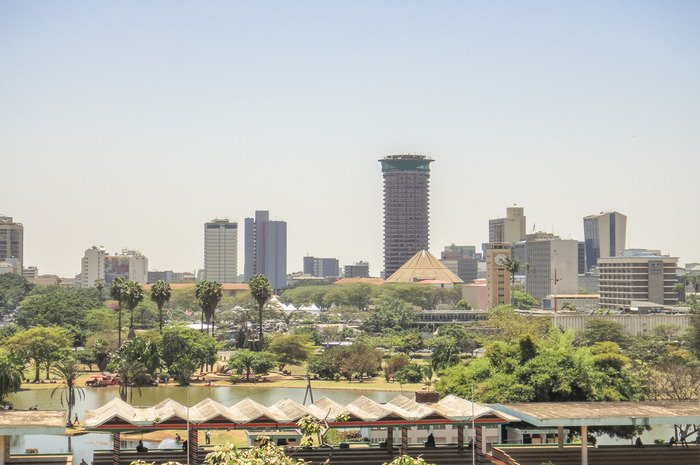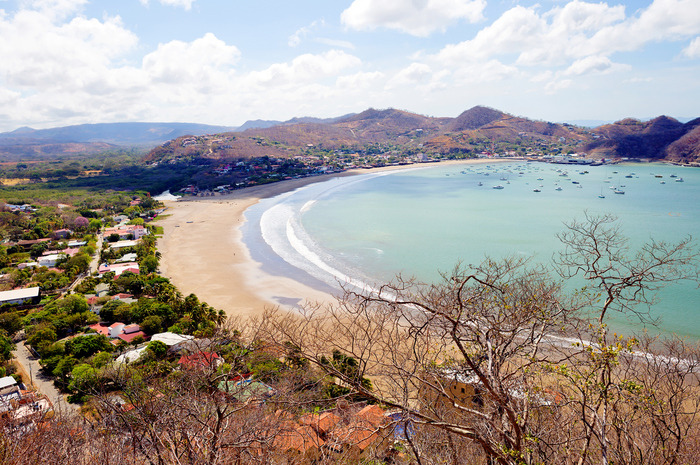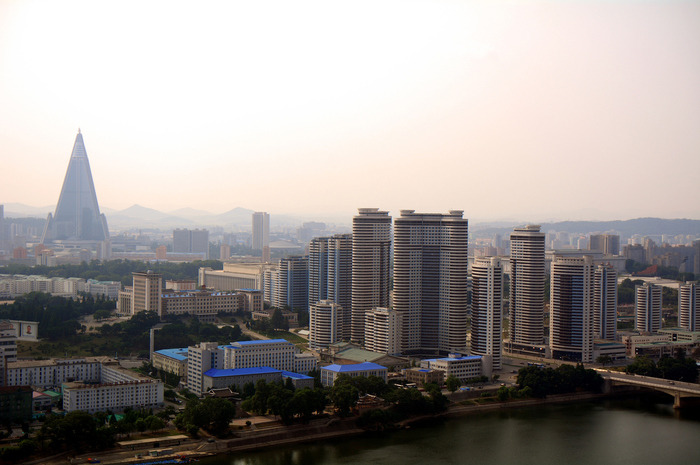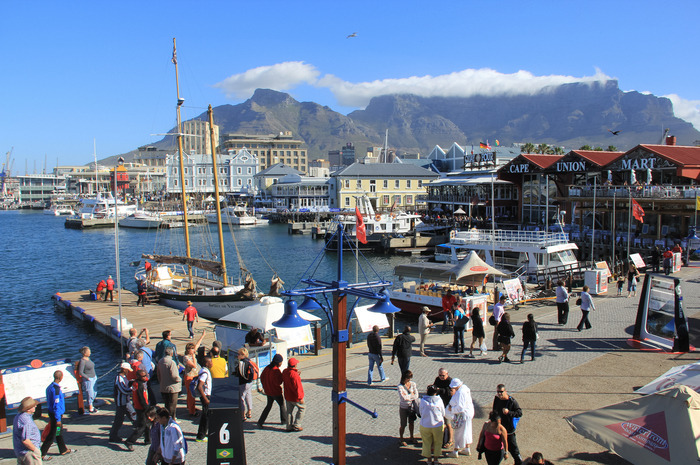Most Dangerous Vacation Destinations
Most Dangerous Vacation Destinations
Traveling is often referred to as the only thing you can buy that makes you richer. But it comes with a lot of risks. From dangerous airports to roads and theme parks, vacation destinations boast thrilling adventure opportunities but hide precarious personal safety conditions. While Syria, Iraq and South Sudan are the world's most unsafe countries in 2016, according to the Global Peace Index (GPI), they are not tourism hot spots. The following list is based on travel alerts and warnings issued by the U.S. Department of State and the UK Foreign Office, as well as the GPI.
Venezuela
On July 7, the Department of State issued a travel warning advising U.S. citizens that violent crime in Venezuela is pervasive, both in the capital Caracas and throughout the country. Country-wide shortages of food, water, medicine, electricity, and other basic goods have led to violence and looting. This replaces the Travel Warning issued on Sept. 18, 2015. "Venezuela has remained one of the deadliest countries in the world, as increasing violence and criminal activity resulted in unprecedented levels for 2015," according to the State Department. The crime rate is "critical" due to theft, murder, kidnapping, drug trafficking, and disease outbreak threats.
Mali
The State Department has recently warned against traveling to Mali because of ongoing terrorist attacks and criminal violence. "The security environment in Mali remains fluid, and the potential for attacks throughout the country, including in Bamako, remains high." The Federal Aviation Administration has advised American civil aviation to avoid flying below 26,000 feet over the airspace of the country. There have been incidents of armed banditry, car-jacking and kidnapping in northern Mali, according to the British government. "Bandits and smugglers are present along Mali's northern borders and pose a risk to travelers, especially after dark."
Kenya
Kenya has been a popular tourist destination for many reasons – unique wildlife safaris, favorable currency exchange rates, unique treehouses to stay in, and national parks. Threats by the terrorist group al-Shabaab are the main concern, especially near border areas. Tourists should also be aware of the high risk of crime throughout the country, according to the State Department. The attack at a shopping mall in Nairobi in 2013 killed 67 people; the following year more than 60 people were killed in attacks in and near Mpeketoni in two days; last year gunmen stormed the Garissa University College, killing almost 150 people.
Nicaragua
Nicaragua is a popular travel gem for people on a budget with surfing and active volcano hiking being just two of many adventures the country has to offer.The country's government officials have indicated they are worried about the safety and security of travelers. The State Department has issued a travel alert urging visitors to be extra cautious. It's election season which means that violent demonstrations are likely. They have occurred in the past "involving tear gas, fireworks, rock-throwing, road blocks, burning of vehicles and tires, as well as physical altercations between law enforcement and protestors or rival political parties/individuals."
Turkey
From a popular cruise destination, Turkey has become one of the most dangerous ones. Many of the cruise companies which had any city in the country as part of their itineraries have rerouted the ships. Crime rates are moderate and locals are friendly, according to OSAC, but terrorist threats and suicide bombings are a concern. More than 200 people have been killed over the last year. Just recently, an explosion at Istanbul airport, one of the busiest in Europe, left 45 dead and more than 200 injured. While terrorism attacks and sporadic demonstrations are the biggest worry, less violent crimes such as street robbery and pick-pocketing are common, according to the UK government.
Philippines
The Philippines offers a wide variety of adventures such as swimming in Kayangan Lake, touring Malcapuya Island, hiking through the Samaguing Cave or around Taal Volcano to see the main crater lake, fumaroles, boiling mud ponds, geysers, and dry lava fields. However, tourists are advised to avoid all non-essential travel to the Sulu Archipelago and through the southern Sulu Sea, and to exercise extreme caution when traveling to the island of Mindanao, due to continued terrorist threats, insurgent activities and kidnappings, according to the Department of State. Since January 2015, at least 15 separate kidnappings have been reported across Mindanao.
Colombia
Colombia was not on people's travel radars until recently. The country boasts many diverse landscapes and cultures that tourists would be hard pressed to find anywhere else in the world. Special emphasis has been put on Cartagena's UNESCO World Heritage sites and Bogotá's major infrastructure improvements. But Colombia is the 17th most dangerous county in the world, according to GPI, and in the top when it comes to popular cruise destinations. The South American nation has long had a reputation for high crime rates largely due to gang wars. Bribery, extortion, drug trafficking and theft are some of the biggest concerns for tourists. Insurgent groups are known to set up roadblocks to rob and kidnap travelers.
Honduras
Honduras is one of the most beautiful countries in Central America but the level of crime and violence remains critically high – although it has declined in the past two years, according to a Travel Warning issued by the State Department. The country has one of the highest murder rates in the world; 10 Americans have been killed since January 2014. San Pedro Sula is the most violence city on Earth with 169 murders per 100,000 people, according to a Mexican study. This is more than three per day. Diseases are also a concern. Cases of locally transmitted Zika virus have been confirmed in the last three months, according to the UK government.
Egypt
Egypt is one of the most popular international destinations for tourists but it ranked lower than Pakistan and Yemen in terms of security. The Arab Spring is over, but the political unrest is ongoing. Kidnappings are no longer news, police stations are often attacked and sometimes whole villages are blocked off. Malaria is no longer a problem but the bird flu is. There is a high threat from terrorism. In 2014 alone, the British Embassy responded to 21 cases of rape and sexual assault against British nationals in Egypt. Some assaults were against children, according to the UK government. Many occurred in what were considered to be safe places, like hotels.
India
Terrorism is a significant safety concern, especially in the immediate vicinity of the border with Pakistan, according to the UK government. Attacks are carried out by several insurgent groups. "Terrorists have previously targeted places visited by westerners including public places like restaurants, hotels, railway stations, markets, places of worship, festivals, and sporting venues." Reported cases of sexual assault against women and young girls are increasing.
North Korea
North Korea is mostly famous for being the most isolated dictatorship in the world. This is one of the reasons why it attracts foreigners. It is also a ski destination. The country is also a place you would never know had a dangerous active volcano. But the State Department strongly urges U.S. citizens to avoid all travel to North Korea due to the serious risk of arrest and long-term detention under the country's system of law enforcement, which imposes unduly harsh sentences, including for actions that in the U.S. would not be considered crimes. The regime has detained tourists who traveled independently and those who were part of organized tours.
Bangladesh
On July 1, attackers killed more than 20 people in a restaurant frequented by foreigners in Dhaka's diplomatic enclave, including one American citizen. The State Department urges citizens to consider carefully whether they really need to travel to Bangladesh. The country has a long history of political violence and continuing tension often leads to sporadic protests and demonstrations that can quickly turn violent. Armed robbery, pick pocketing, and purse snatching are also a concern, according to the UK government.
Ethiopia
Ethiopia has long lived in the shadows of neighboring Kenya even though it has as much to offer – glorious mountains, mysteries, food, and Gelada Baboons. It is an underrated adventure destination. There is a high terrorism threat. Attacks could be indiscriminate including in places frequented by foreigners, the UK government says. Petty theft and mugging is common and on the rise.
Algeria
Africa's largest country is a fascinating tourist destination. Its charming cities, colonial and modernist architecture, and desert landscapes, attracts 200,000 foreigners every year. However, it is not a safe place to travel. The Department of State continues to warn U.S. citizens against traveling to the Kabylie region and remote areas of southern and eastern Algeria. The threat from terrorism and kidnappings is high. Social media accounts affiliated with ISIS have claimed responsibility for small attacks.
South Africa
South Africa is on many adventurers bucket lists because of epic wildlife spotting opportunities, regal secluded beaches, spectacular parks and reserves, and swimming with sharks. But poverty and political unrest have made the country, especially Cape Town, unsafe. South Africa has a very high level of crime, including rape and murder, according to the UK government. Incidents of vehicle hi-jacking and robbery are common, particularly at night. Terrorist attacks could be indiscriminate, including in places visited by foreigners such as shopping areas in Johannesburg and Cape Town.
Brazil
High crime rate and the Zika virus, in particular, have been all over the news as Rio de Janeiro is getting ready to host the Summer Olympics Aug. 5–21. Several elite athletes have already withdrawn. Violence and crime can occur anywhere and often involve firearms or other weapons. Thefts are particularly common on public beaches, especially in Rio de Janeiro. There has been an increase in robberies at ATMs.


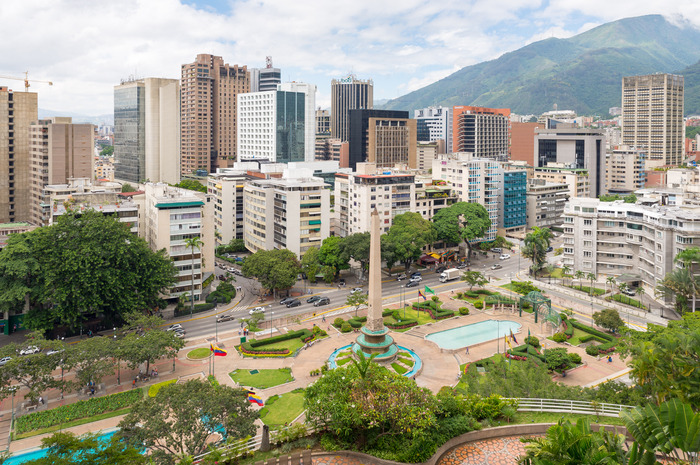
.jpg)
